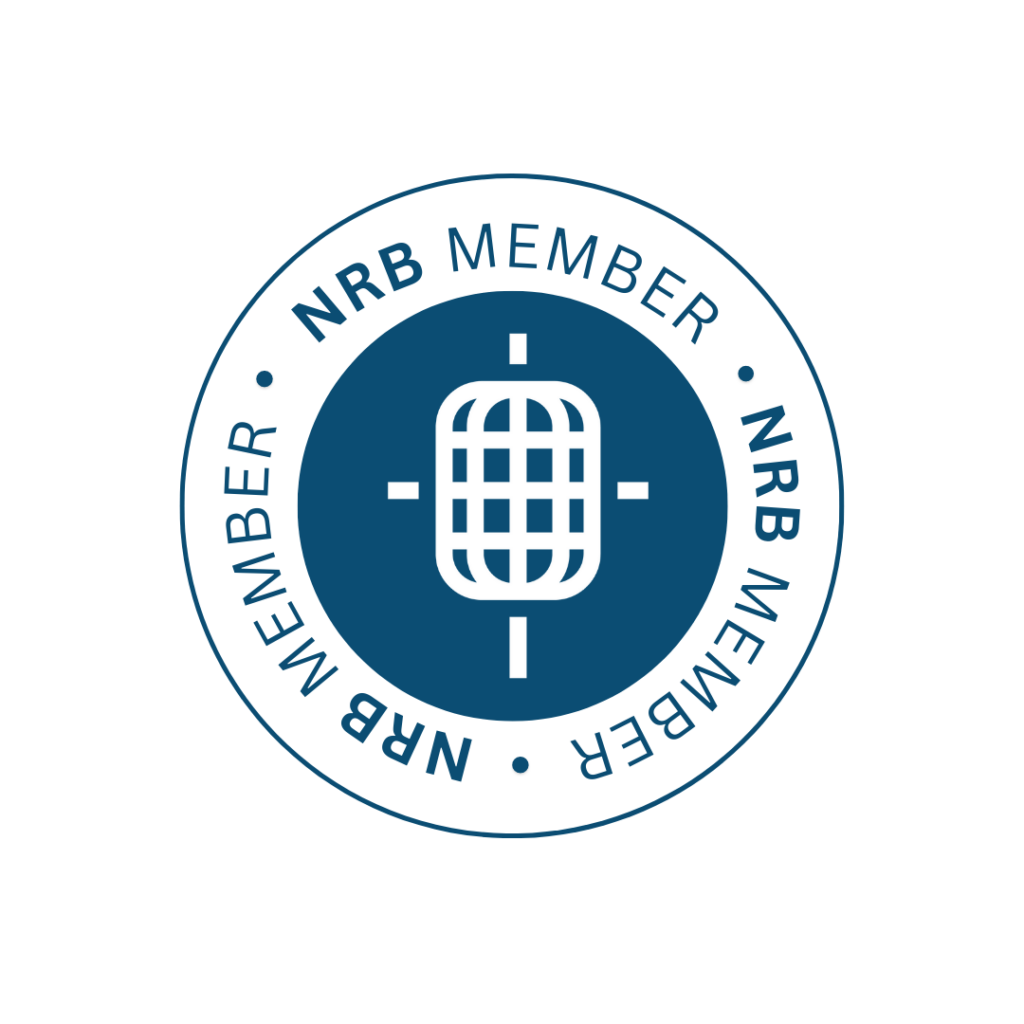THE UNEXPECTED DIVERSITY OF GOD’S RESOURCES
Added to the weighty responsibilities of being a ministry leader is the constant challenge of securing revenue for the future. We know that God, who commands everything in heaven and on earth, is our provider. We know He resources His kingdom work according to His purposes. But how does that play out?
Ethnic Diversity
In Scripture, we see God move in people’s hearts, prompting them to give of their resources to help others. When God was preparing the children of Israel for deliverance from slavery in Egypt, He caused their Egyptian neighbors to look favorably on them and give them parting gifts for their journey. (Exodus 11:2-3; 12:35-36)
Geographic Diversity
When Herod was pursuing young Jesus to kill Him as a perceived threat to his throne, God told Joseph and Mary to flee to Egypt. Prior to that, God prompted three foreign kings to travel to Bethlehem to worship Him. They brought gold, frankincense, and myrrh—valuable commodities that may very well have sustained the family as income while they were refugees. (Matthew 2:11-15)
Gender Diversity
Luke records two notable developments in the life of Jesus. In Luke 4, we see Jesus stand up in the synagogue and speak. He took the Isaiah scroll and began to read out loud:
“The Spirit of the Lord is on me, because he has anointed me to proclaim good news to the poor. He has sent me to proclaim freedom for the prisoners and recovery of sight for the blind, to set the oppressed free, to proclaim the year of the Lord’s favor.”
Then he rolled up the scroll, gave it back to the attendant, and sat down. The eyes of everyone in the synagogue were fastened on him. He began by saying to them, “Today this Scripture is fulfilled in your hearing.” (Luke 4:18-21)
With that event, Jesus announced his “job description.” It’s interesting that proclaiming the good news and addressing the needs of people in distress sounds just like the “job description” of CLA member organizations.
So where did Jesus get the resources to pay for His team expenses during their years of ministry?
In Luke 8, Jesus explains that several businesswomen funded their work:
Joanna the wife of Chuza, the manager of Herod’s household; Susanna; and many others. These women were helping to support them out of their own means. (Luke 8:3)
God prompted these successful women to support Jesus and his team out of their own earnings.
Jesus’ Donor Development
Jesus, with all of heaven and earth at His disposal, invited individual people to donate from their personal resources to fund His ministry. He could have created wealth supernaturally. Multiplying bread and fish to sell at the market or creating more coins like the one in the fish’s mouth would have kept him in control of procuring funds when and where he wanted. It would have removed any feeling of indebtedness or the humble asking for help, especially from women.
Jesus engaged in donor development—not because he didn’t have any other way to get money. No, it was to model a principle.
Scripture shows us these examples of people giving to people: Neighbors of a different ethnicity, people in foreign countries, and those who weren’t historically primary donors. All are examples of God prompting people to help people. It’s by design.
Leaders have many challenges that demand time and attention, including the effort to secure funding. But as we pray and ask God to resource our vision for the future, we can expect His answer will involve inviting diverse people to give of their resources. We can also expect Him to prompt each of us individually to give sacrificially to someone else.
Proverbs 11:24-25 reminds us, “One person gives freely, yet gains even more; another withholds unduly, but comes to poverty. A generous person will prosper; whoever refreshes others will be refreshed.”
Related articles
-

More Than Just Work
As a young Christian professional navigating the conundrum of aligning my beliefs into a purposeful career, I’ve been blessed to…
-

What to Think of Artificial Intelligence and Its Impact on Fundraising . . .
In trying to summon an image to represent our theme for this issue of Donor Focus, I found myself drawn…







